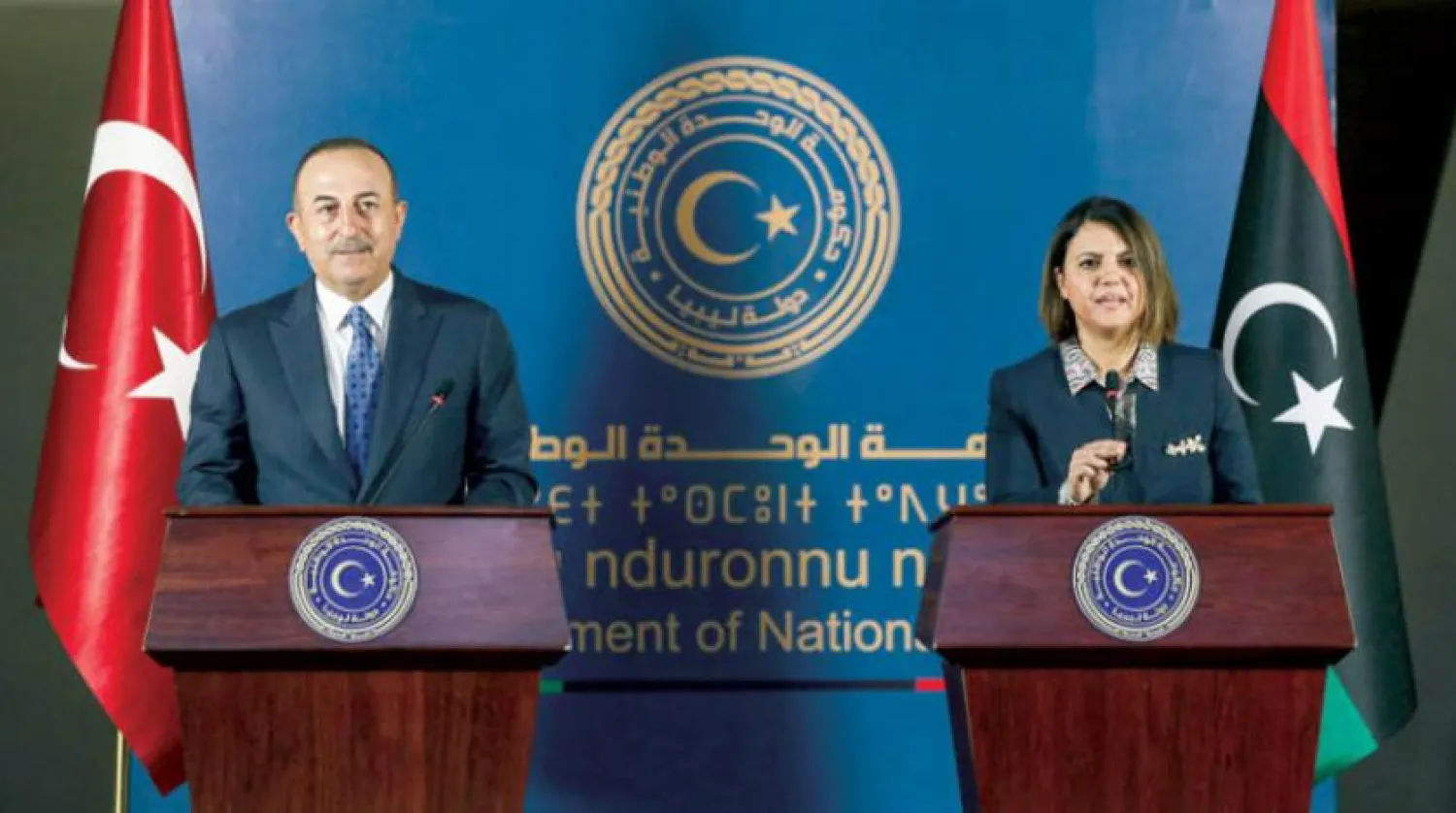Ankara strongly condemned an attack on the Turkish flag outside the temporary headquarters of the House of Representatives in Tobruk, east of Libya.
"We strongly condemn the ugly action against our flag in front of the temporary building of the House of Representatives during the budget negotiations held on July 5, 2021, in Tobruk, Libya," Foreign Ministry spokesperson Tanju Bilgic said in a statement.
Belgic indicated that immediately after learning of the "heinous act," the Turkish embassy in Tripoli made the necessary written and verbal initiatives before the Libyan Ministry of Foreign Affairs.
The embassy demanded that necessary measures be taken to prevent such provocations and to prevent similar incidents from recurring.
He noted that the act intended to target the Turkish-Libyan friendship, adding that the attack on the Turkish flag, "which represents our independence and sacred values, will never achieve its goal," he said.
The necessary response will come from "the friendly and brotherly Libyan people before anyone else," asserted Bilgic.
In an act of provocation on Monday, Haftar supporters set down Turkish flags on a road that Libyan Prime Minister Abdul Hamid Mohammed Dbeibah's convoy was supposed to use during his visit to Tobruk. They stepped on the flag in a message that they rejected the Turkish presence in their country.
Meanwhile, the Libyan Foreign Ministry stressed the importance of implementing the agreements signed with Turkey regarding the country's reconstruction.
The statement came following a meeting between the Undersecretary of the Foreign Ministry for Political Affairs, Mohammed Issa, and the Turkish Ambassador to Libya, Kenan Yilmaz, in Tripoli on Tuesday.
Issa noted that the return and the resumption of operations of Turkish companies would "significantly contribute to Libya's reconstruction."
Yilmaz affirmed his country's desire to enhance cooperation relations with Libya and work with its government in various fields.
On April 12, Tripoli and Ankara concluded five memoranda of understanding and cooperation protocols in various fields during the meeting of the Strategic Cooperation Council in Ankara.









